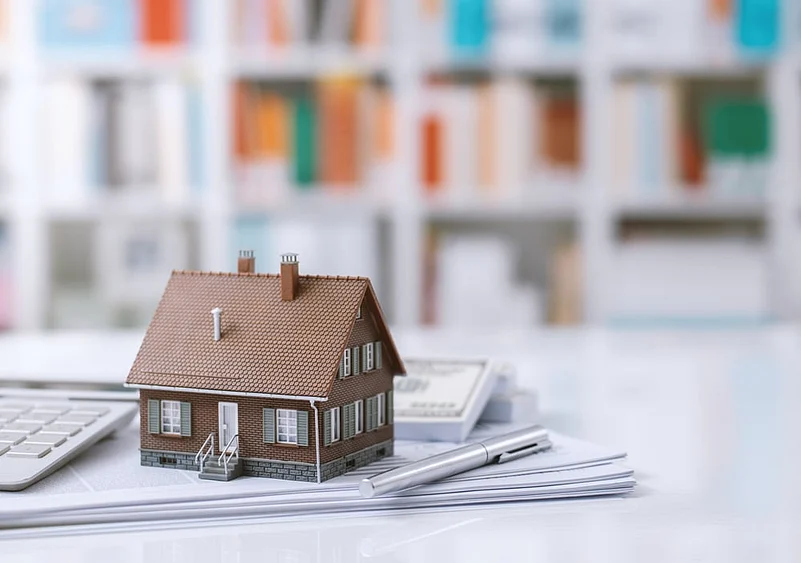Building a house of their own is a struggle enough for the common man, to delve into the intricacies of buying property for investment purposes comes with an added set of challenges and hurdles. Making investment decisions in real estate is usually difficult, especially for someone new to investing in real estate. It is usually perceived that investing in commercial real estate is for big investors and businessmen. Though it may be true to some extent, that’s not always the case wherein commercial property, especially shops and showrooms, can be invested in by even salaried class. It is significant to understand the know-how of investment to be made including how much involvement is required after after buying the property.
Advantages of Commercial Property Investment
More Rental Yield: The rental yield gained from a commercial property could be higher than residential property. This highly depends on conditions like the location of the property, market conditions, and estate specifics. Commercial real estate is considered to be a better option if you want to invest solely to earn potential returns through rent.
“In India, real estate is one of the safest and most reliable investment options,” Darpan Paisal, Director of Jenika Ventures, a real estate consultancy firm said. On the matter of rental yields, Paisal said, “a residential property can fetch a rental yield of around 2-3 per cent per year and can go up 3-3.5 per cent whereas, in the case of commercial property, the yield would be around 6-7 per cent.”
Quality of tenant: For commercial spaces, the tenant is usually a corporate, retail chain, startup firm, or bank. Therefore, rentals to such entities are comparatively easy since there would be fewer chances of running around to get the rent. If the tenant is a reputed bank or corporation on one floor or one section of the estate, the appreciation in rental yield could happen for the rest of the property as well.
Regular inflow of income: Commercial properties generate regular income more consistently as compared to residential properties.
Things to keep in mind if you want to buy commercial property:
Bulk Investment: Commercial real estate often demands heavy investment, generally in terms of cash, than in the case of residential property. You have to be prepared to invest in large amounts for both pre and post-investment needs.
Higher cost of loans: The loans for commercial property tend to be higher than for residential property wherein the interest rates will be 100-200 basis points higher in the case of commercial property. The interest rates and terms & conditions will also depend on the kind of property, investors’ profile, location, and the tenure of repayment.
Fewer Tax Incentives: There are fewer tax incentives to gain from commercial property investment. As per an ICICI blog, there is no tax rebate or tax benefit on the EMI for repayment of loans for acquiring commercial property.
Maintenance Woes: There is usually a larger expense in upkeep and maintenance of a commercial property. In the case of a residential property, the maintenance expenses are limited to simple (tap repairs, minor electrical works, etc) fixtures and do not involve a huge cost. The maintenance or renovation in a commercial setup will usually be huge. ‘Before investing in any property, be sure to carefully consider the cost of maintenance and factor this into your investment decision. Look for properties that are well-maintained and require minimal upkeep”, Priyatham Kumar, founder of Homes247, a prop-tech platform based in Bangalore said.
Before you purchase, check don't forget to check these factors:
Market Trend: Spend time analysing the trends of the market for the assessment of both profit and losses. An area could be on the path of growth as well as depreciation, regardless of what brokers say do scout the area before you put in your money.
Type of commercial property: There are various kinds of commercial property that you can invest in such as retail shops, big apartment buildings, office buildings, lands under commercial projects, warehouses, etc. Make sure to check what fits into your agenda of investment.
Authentic Builders: Before you invest in a commercial property, make sure that you choose a well-respected building with a proven track record of completed projects.
Value assessment: Scout similar properties nearby to know the types of rents that other properties offer. This will help you to negotiate well with the seller and asses the post-investment returns as well.
Apart from above above-mentioned factors, there needs to be thorough research by the investor as to what will be the overall cost during the final acquisition of the property. This includes the taxes involved, zonal laws and bylaws for renting out, and the rental earning potential of that building or shop.
The development of the entire area including the potential for rent going higher in future is also significant.














